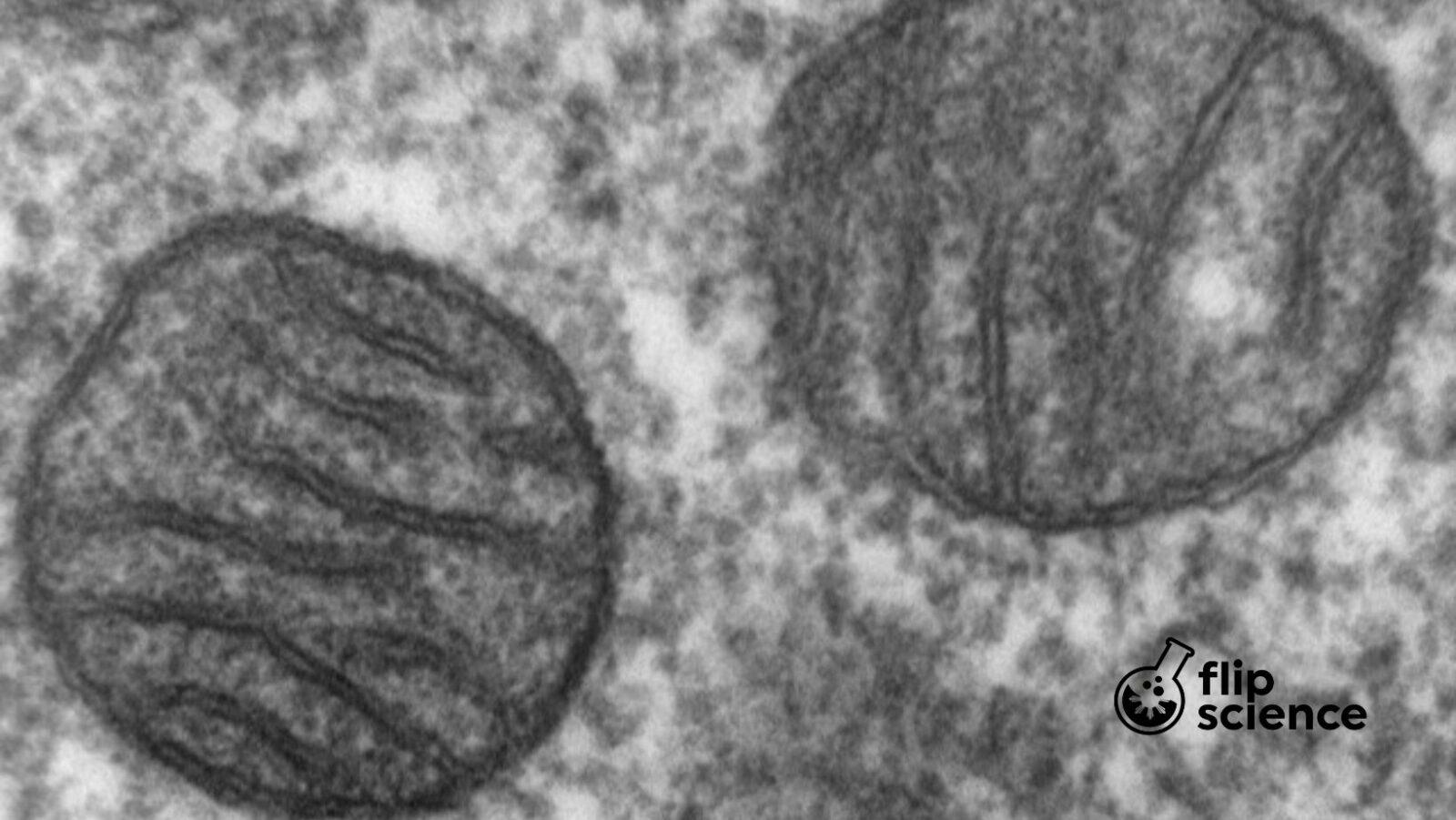Losing your appendix early may reduce your risk of Parkinson’s disease — but don’t schedule your surgery just yet.
The appendix is one of the least understood (and perhaps most annoying) organs in our body. Its actual purpose in adult humans seems to be crucial, but is rather poorly defined. Furthermore, when it becomes inflammed, it instantly requires you to go under the knife.
However, a new study in Science Translational Medicine reveals a rather surprising aspect of the appendix — one that you probably won’t like at all.
Appendix buildup = a pending Parkinson’s case?
Researchers from the Van Andel Research Institute in Michigan discovered strong evidence linking the appendix to Parkinson’s disease. Their findings showed clumped deposits of the alpha-synuclein (α-synuclein) protein in the organ. These can hinder the brain’s motor functions and cause the physical symptoms of Parkinson’s (including rigidity, tremors, and slow movement) to manifest.
This isn’t the first study to link Parkinson’s to the gastrointestinal tract. It does, however, solidify the connection.
The study findings also show that having an appendectomy (appendix removal, typically due to appendicitis) early in life may reduce the risk of Parkinson’s by 19 percent. Furthermore, appendectomized Parkinson’s patients developed the disease 3.6 years later than non-appendectomized patients.
Interestingly, people who lived in rural areas — where Parkinson’s cases tend to be more common — were 25% less likely to develop the disease post-appendectomy compared to urban dwellers (unless they’re genetically predisposed to the condition, which accounts for about a tenth of the general population).
What the gut says
The researchers looked at two large databases to arrive at these results. One contained data from 1.6 million people in Sweden collected over the course of 50 years. Meanwhile, the other included 849 Parkinson’s patients from different countries. However, both databases identified which patients had an appendectomy.
All the appendices examined in the study contained α-synuclein clumps. While this strongly suggests that these clumps may have caused the patients to develop Parkinson’s, the study does not definitively prove this.
Still, according to senior study author Viviane Labrie, these may point to the appendix’s role in the genesis or early onset of Parkinson’s.
Should you have your appendix removed now?
Thinking of having your appendix removed now? Don’t follow your gut.
“One of the things that we don’t want to get across to people is that [they] should be having preventative appendectomies or that just because you have an appendix, you’re going to get Parkinson’s disease,” stressed Labrie.
For starters, it’s possible that the protein buildup was just one Parkinson’s-causing factor. The researchers noticed that the proteins clumped together in the appendix, regardless of the presence of Parkinson’s. Additionally, there are other buildup areas in the gastrointestinal tract that require further examination.
Furthermore, appendectomy comes with a number of risks, including bleeding, infection, damage to other organs, and blocked bowels. While the procedure is relatively safe, it is often a corrective measure, not a preventive one.
Instead, further research efforts could focus on preventing these protein clumps in the appendix from affecting the brain.
Parkinson’s disease affects roughly 1% of the world’s 7.6-billion population. In a 2016 interview with Rappler, neurologist Dr Raymond Rosales placed the number of Parkinson’s cases in the Philippines at approximately 120,000.
Note: This study involved scientists from Van Andel Research Institute, Northwestern University, Lund University and Michigan State University. In addition to Labrie and Killinger, authors include Zachary Madaj, M.S., Alec J. Haas, Yamini Vepa, Patrik Brundin, M.D., Ph.D., and Lena Brundin, M.D., Ph.D., of VARI; Jacek W. Sikora, Ph.D., and Paul M. Thomas, Ph.D., of the Proteomics Center of Excellence at Northwestern University; Nolwen Rey, Ph.D., of Paris-Saclay Institute of Neuroscience; Daniel Lindqvist, M.D., Ph.D., of Lund University; and Honglei Chen, M.D., Ph.D., of Michigan State University.
Cover photo: Igor Stevanovich/Storyblocks
References
- http://stm.sciencemag.org/content/10/465/eaar5280
- https://www.healthline.com/health/appendectomy#risks
- https://www.iflscience.com/health-and-medicine/have-you-had-your-appendix-removed-we-have-some-really-good-news/
- https://www.livescience.com/63989-appendix-protein-clumps-parkinsons.html
- https://www.rappler.com/science-nature/life-health/125484-what-do-we-know-parkinsons-disease
- https://www.sciencedaily.com/releases/2018/10/181031141606.htm
Author: Mikael Angelo Francisco
Bitten by the science writing bug, Mikael has years of writing and editorial experience under his belt. As the editor-in-chief of FlipScience, Mikael has sworn to help make science more fun and interesting for geeky readers and casual audiences alike.







